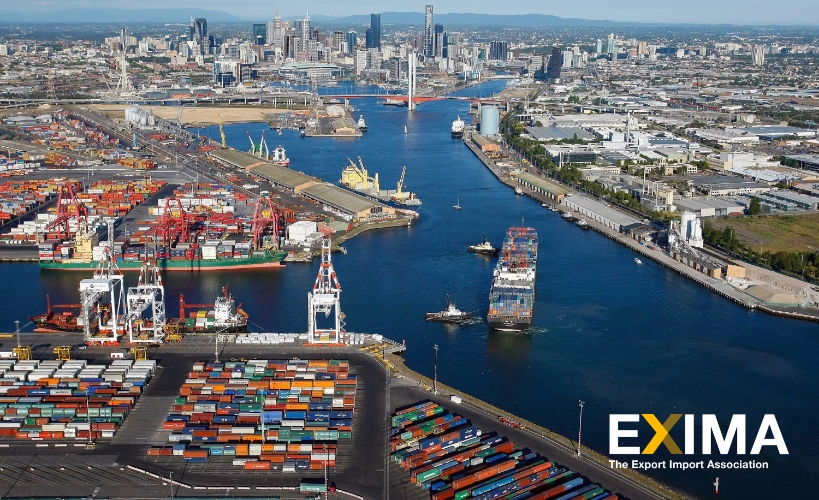Long before land or air transport existed, ports were gateways to global trade between nations, especially for regions separated by large water bodies. Maritime transport, which is more climate-friendly than other modes of transportation, has boosted industrialization and globalization across the world by smoothly transferring goods and raw materials on a massive scale. Heightened port activities are thus closely associated with rapid economic growth and infrastructure development and can even lead to more jobs and economic opportunities for locals. Here are some of the most famous ports in the world and their economic offerings:

Operational since 1842, the Port of Shanghai is the busiest port in the world. Spread out over an area of 3,600 square meters on the Yangtze River, it can handle more than 2,000 container ships on a monthly basis, which is nearly a quarter of all outgoing shipments in China. Thus, this port has been largely responsible for China’s rise as the second-largest economy in the world after the US.
The Port of Singapore, the second-busiest port, handles 1/5 of the world’s shipping containers while facilitating half of the world’s annual supply of crude oil. Meanwhile, the Port of Rotterdam in the Netherlands is the largest port in Europe and has helped Rotterdam’s petrochemical industry grow exponentially. It also acts as a major transshipment port for inland Europe, with thousands of river barges using its facilities.
On the other hand, the Middle East’s busiest and the world’s ninth-busiest port is the Jebel Ali Port. Built in the 1970s and located in the UAE, Jebel Ali Port has become a crucial global player in the shipping trade industry and a quintessential example of ports becoming the economic growth engine. Jebel Ali, which connects more than 150 ports worldwide, has handled around 4.5 million TEU from 2010 to 2019. Its free zone, Jafza, has also attracted local and global steel companies such as Danube Building Materials, Conares Steel, Mammut, Nippon Steel, ArcelorMittal, Tata Steel, and Baosteel, generating $3.8 billion in 2018. Together, Jebel Ali Port and Jafza connect traders and owners with over 3.5 billion consumers.
The current conditions have made ports more vital than ever before in reviving the global economy. Almost all nations are therefore investing heavily in the development of ports to help local industries grow and put their respective economies back on track. Mohammed Al Muallem, the CEO and Managing Director of DP World, UAE Region, and CEO of Jafza, has recognized the importance of ports as well, stating, “The construction sector is considered one of the main indicators of a nation’s economy and development…the construction sector in the UAE recorded a growth of 3.3 per cent in 2019. Pre-COVID, this figure was expected to increase to 4.3 per cent in 2020.”

Learn More with EXIMA
For more useful articles like this one, make sure to check out our site today!
 пиши статьи за деньги
пиши статьи за деньги 

 :
:
